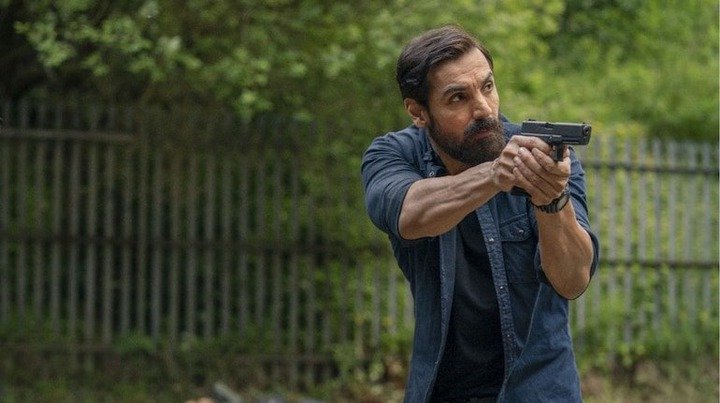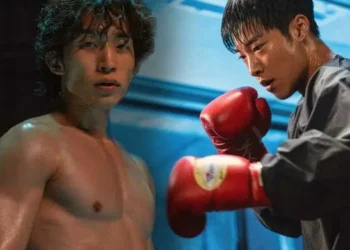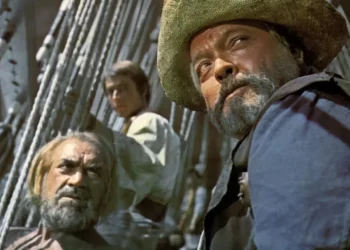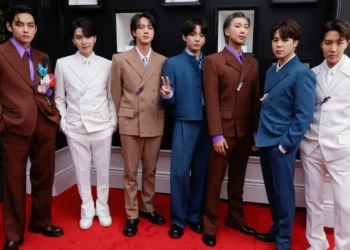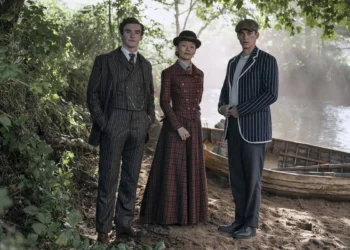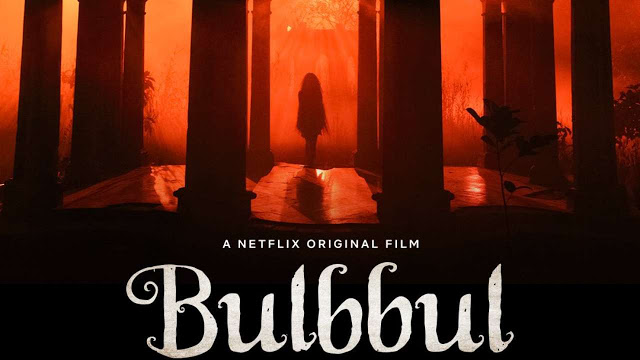Arun Gopalan’s Tehran, a production by Maddock Films and Bake My Cake Films, is a sharply crafted political thriller that masterfully balances storytelling with psychological depth, avoiding any overindulgence in cinematic flash. The film’s focus lies in its tense atmosphere, geopolitical relevance, and underlying purpose rather than spectacle or high-octane action.
Story
John Abraham embodies Rakesh Kumar, a hardened special branch officer of the Delhi Police, renowned for his gut-driven, emotionally charged approach to crime-solving. Kumar’s expertise in dismantling terrorist plots—fueled by both patriotic duty and deep empathy for victims—is put to the test when a minor bomb blast in Delhi is uncovered as part of a larger Iranian operation against Israel. His mission becomes personal after he discovers a connection to one of the victims. Teaming up with RAW operative Sheilaja (Neeru Bajwa), Kumar pursues the orchestrators of a meticulously coordinated triple bombing across three global cities.
Their investigation leads them to Afsar (Hadi Khanjanpour), a ruthless Iranian military assassin, but the mission soon spirals into danger as Kumar finds himself expendable in a high-stakes diplomatic power play. With allies Divya (Manushi Chhillar) and Vijay (Dinker Sharma), Kumar must not only expose the conspirators within India but also survive the lethal terrain of Iran.
Performances
Abraham delivers arguably his most restrained and nuanced performance yet. Stripping away theatricality, he portrays Kumar with a quiet, smoldering intensity—his silence and physicality conveying more than words ever could. The result is a character both haunted and wholly compelling.
The supporting cast, though unevenly utilized, makes a strong impression. Manushi Chhillar shows marked improvement, particularly in action sequences, though her character lacks depth. Neeru Bajwa brings gravitas and emotional resonance to her role, while Hadi Khanjanpour’s chillingly detached antagonist adds a credible layer of menace.
Behind the scenes
Director Arun Gopalan makes an assured debut, crafting taut chase sequences and a narrative propelled by tension rather than empty stylization. The screenplay—co-written by Ritesh Shah and Ashish Prakash Verma from Bindi Karia’s original story—eschews jingoistic tropes, opting instead for intelligent restraint. Dialogue is sparse yet purposeful, demanding viewers’ engagement with its geopolitical intricacies.
Where Tehran truly excels is in its visual craftsmanship. Cinematographers Ievgen Gubrebko and Evgeniy Gubrenko transform the film’s urban landscapes—narrow alleyways, bustling markets, and grim corners—into a striking, almost tactile backdrop for its gritty action. The depiction of espionage, sacrifice, and hidden motives is handled with rare authenticity.
Final Verdict
Tehran is a film that rewards active viewing, trading bombastic thrills for a slow-burn exploration of clandestine operations, diplomatic gambits, and psychological strain. It thrives in the shadows, where choices carry unseen consequences and heroism goes unrecognized.
While its deliberate pacing and geopolitical complexity may not appeal to all, Tehran stands as a film of remarkable precision and relevance. More than just timely, it is a tactically astute, thematically rich thriller rooted in realism—a rare feat in contemporary cinema.
Tehran is now streaming on Zee5 digital platform.


